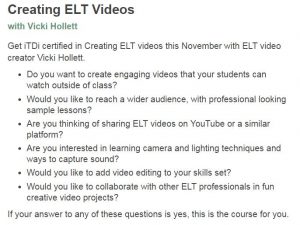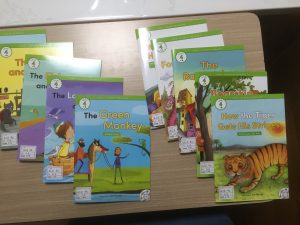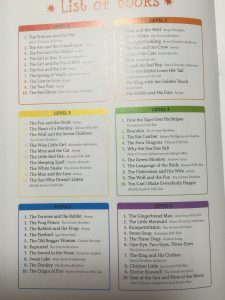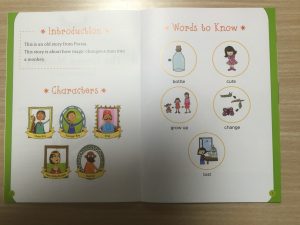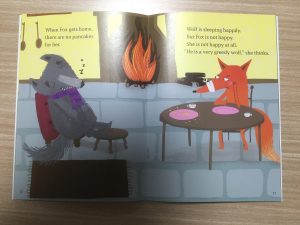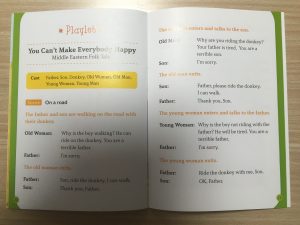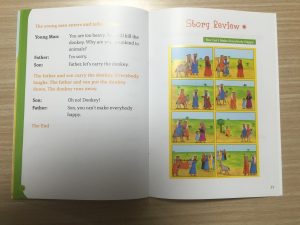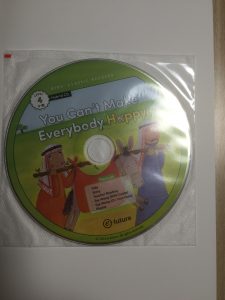Extensive Reading Rant
My first video for the iTDI Making ELT Videos course
The second week assignment for the iTDI Making ELT Videos course was to make a video. Here’s my sad attempt 🙂
It was rushed, shot on two devices, edited with Windows Movie Maker (which in my opinion is complete garbage -need better software). No music, had real trouble putting the screenshots in (hence the messed up audio from halfway through), didn’t do proper lighting, forgot to add links and a call to action…
BUT, I learned a huge amount and had fun. Looking forward to doing a better job with the second one.
iTDI Making ELT Videos Course
I’m taking an iTDI course for the first time, with the enthusiastic Vicky Hollet, about making ELT videos.
We had the first session last night (22:00 Japan time) and I think it’s going to be a good fit for me. I have special permission to share the first session.
Check it out here and you can still join the course for the next three sessions if you like it. Possibly the best thing about the course is having access to Vicky, her collaborator Jay, and the other course participants, There’s a private community for asking questions, asking for feedback, etc.
If all goes well I should be making more videos going forward.
Amazon Kindle
An interesting possibility
I’ve been a big fan of reading Kindle ebooks for a while now, but so far I have done all my reading on my iPhone. I bought a couple of the earlier Kindle eReaders but never liked them: the page turning, the form factor, something about them just wasn’t as good as reading on my phone so I didn’t use them much.
Last week though, Amazon were doing a deal where the latest Kindle was 5,000 yen off, so I picked one up for under 4,000 yen.
And loved it. It’s light, the screen looks great, and the pages turn in a pleasing manner. It’s a bit too easy to touch it by accident, but not a deal-breaker.
So far, so good. It’s a nice device, and the prices are coming down so fast that these things are practically disposable now.
And that’s what hit me. On Thursday as I was showing some teachers around the Academy, it struck me that Kindle could be the answer to our high-level book problem.
You can sync multiple devices to the same account (my account is linked to a dozen: computers, smartphones, tablets, and all those old Kindles).
So instead of buying hundreds of paper books that are going to lie around taking up shelf space and rarely being read, I could buy books on my Kindle account, buy a couple of Kindles for the Academy, sync them to my account, and lend them to our students. Heck, at 3,000 yen each we could just give them to the students 🙂
I already have close to 1,000 books on there (although 90% of them are fantasy, science fiction, personal finance, productivity, or teaching) and it would be easy to pick more up as needed.
The school would appear funky, students would probably appreciate the novelty, and we wouldn’t need anywhere near as much space for marginal books.
What do you think? Genius or what?
Pokemon Go in Japan
Sadly I have failed to ‘catch them all’
Okay, so Pokemon Go finally came out here today. All my university students were talking about it in the afternoon, so I downloaded the app and tried it out on the way home.
My verdict: it’s okay. Probably not as good as Ingress (the previous game by Niantec, which I got fairly into) but okay. I don’t think I am going to get into it.
Ingress is a sci-fi themed strategy game. It overlaps the game onto the real world, just like Pokemon Go does, but I think the game play works better. Pokemon Go also incorporates augmented reality, where the game overlaps the monsters onto the real world using the camera. It’s cool at first, but basically a gimmick.
Nevertheless, it’s going to be huge. That’s the power of the Pokemon brand.
But I think it also shows how games are going to develop in the future: more inventive, more integrated with the real world. The good thing is that it’s going to get players out walking around in the real world.
Anyone enjoying Pokemon Go?
REVIEW: Kids’ Classic Readers
Great series but a bit more variety please
Level 4 of Kids’ Classic Readers
A couple of weeks ago we received most of a set of Kids’ Classic Readers, a new series by e-Future edited by Rob Waring. I had high expectations for the series, and these were mostly met.
Kids’ Classic Readers consist of 60 books over six levels, from YL0.2-0.5. As the series name implies, the content is classic tales from around the world. And this is my main (only?) criticism of the series.
List of titles
As you can see in the list above (click on the image to make it bigger), most of the titles are fairly original. My personal favourite this time round was The Wolf and the Fox (level 4). However, there are about ten titles in there that I wasn’t happy to see. Stories like The Gingerbread Man, or The Tortoise and the Rabbit. Stories that have been done to death. We already have about five versions of the Gingerbread Man, so I would hope that publishers would look beyond the obvious classics when bringing out new series. Kids’ Classic Readers goes a long way towards using new stories, but fails to do it completely.
Apart from this, I really like the series and think it’s a good fit for our program.
So what is in the books?
Great illustrations, well-graded text, interesting stories. The books have several useful sections:
Introduction, list of characters with pictures, useful vocab with pictures
Great illustrations, easy-to-read text (this is the book I like)
Playlet based on the story text (useful for class speaking activities?)
Visual review of the story (on the right). Could be used for preview or review activities?
Hybrid CD. Normally I hate these, but this one works fine in our CD players (haven’t tried it in a computer yet)
We’re just going to be using Kids’ Classic Readers as part of our extensive reading library, but I can see how they would be very versatile as part of a four-skills kids’ class or even in a speaking focused class.
A nice addition to our collection.

